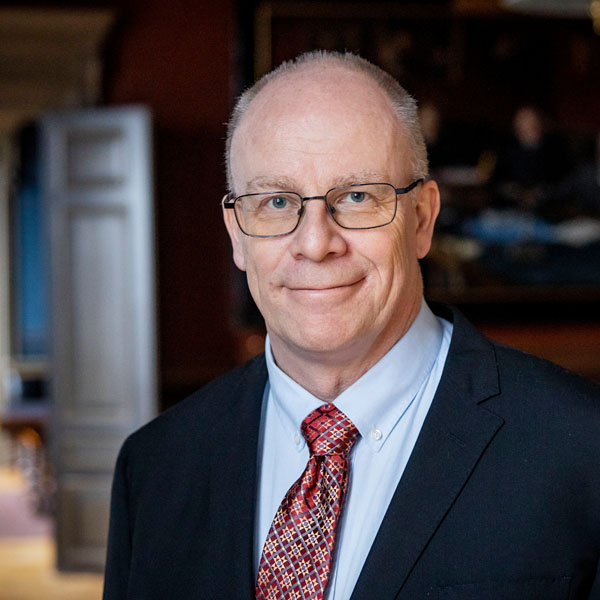Today, for the first time, we welcome an AI as guest writer on the Vice-Chancellor’s Blog. Apart from a few small adjustments, this text is the AI’s creation from start to end.
Introduction
Uppsala University is a world-leading centre of education and research. Our mission is to create a better future and change the world by training students to be leaders in their fields, and helping them develop into compassionate citizens. This means that we are not only committed to helping our students achieve their dreams, but also to making an impact on society through our work as researchers and teachers.
We need young people who can make a difference in the world.
Students often ask what makes Uppsala University such a great place to study. Well, aside from being one of the top universities in Europe and having an excellent reputation for research, we want to instil in our students a strong focus on sustainability. We want them to not only be global citizens but also responsible members of society who care about the world around them.
We know that education is more than just acquiring knowledge – it’s about creating opportunities for growth and personal development through hands-on learning experiences as well as face-to-face interactions. We encourage students to take advantage of our diverse selection of activities so they can discover their passions while developing friendships with other like-minded individuals who share similar values or interests.
Uppsala is a truly international university.
Uppsala University is a truly international university, where students and academics from all over the world meet. We take pride in being able to welcome people from so many countries and cultures to our campuses.
Students at Uppsala University are active agents of change contributing to a better world.
Students are the future and have an important role in making a better world. We want to create an environment where students can contribute their knowledge and skills to make both Uppsala and Sweden a better place for all of us.
We believe that together with our students we can create a sustainable future by raising awareness about sustainability issues, promoting education about sustainability through various activities, as well as creating opportunities for student projects related to sustainability issues within academia or society at large.
To create a better future and change the world
At Uppsala University, we want to be a place where people can study and live in a safe, open and friendly environment. We also want our staff to feel good about what they do in their jobs.
We work hard to create an environment that fosters innovative solutions and new ideas. The result is a unique combination of academic research excellence with international collaboration; technology transfer; entrepreneurship; innovation transfer through spin-offs, start-ups etc.; student training in sustainability issues; and education programmes that are focused on developing skills needed for today’s globalising world economy.
Conclusion
It is important that we create a better future and change the world. We are stronger together than alone.
Do you agree with the text? Do you think the way it is formulated seems familiar? Is it full of clichés and fine words? The text does not come from a real writer, not from a person. The AI we have used is called copy.ai, which was given keywords to work with, but there are several other similar tools for those who want to try out this technology.
I personally find this rather disturbing. The text is not perfect, not original, but it is very similar to the texts I come across in information and recruitment material from many universities in our world. No surprise, perhaps – the AI tool generates its text using the material available on the internet. Yet it is a bit too good to be dismissed as nonsense. The intelligence programmed into the tool would have been capable of tricking an off-guard version of myself. Where are we heading?
These questions came to life for me again last week when I met some of our excellent researchers in the field of artificial intelligence. I believe (as do the researchers) that we will see rapid developments in the coming years. If I am right (and many others with me), we have reason to think urgently about where we want to set limits and establish rules. With similar urgency, we need to put these limits and rules in place, preferably by international agreement. As things look at present, the technology is dictating the playing field by impressing us so much that we only have eyes for the opportunities. The initial enthusiasm is too rarely accompanied by a discussion of rights and obligations.
I am proud that we have set up AI4Research, which partly focuses on the problems associated with legal issues, ethics and principles. We have an important task at Uppsala, for if AI is allowed free rein and is only subject to technical limitations, a dark future may loom on the horizon. We could end up in a world of science fiction rather than science. If we rely on facial recognition technology and camera surveillance to create security, we risk waking up one day to find that the two thousand-year-old question “Quis custodiet ipsos custodes?” – “Who will guard the guards themselves?” – has become all too relevant.
To avoid that, and to use the technology for what it is good for, we need broad perspectives that allow many voices to be heard. We can do this here in Uppsala and by doing so create a better world (NB: a deliberately chosen formulation written by me unassisted by AI).

